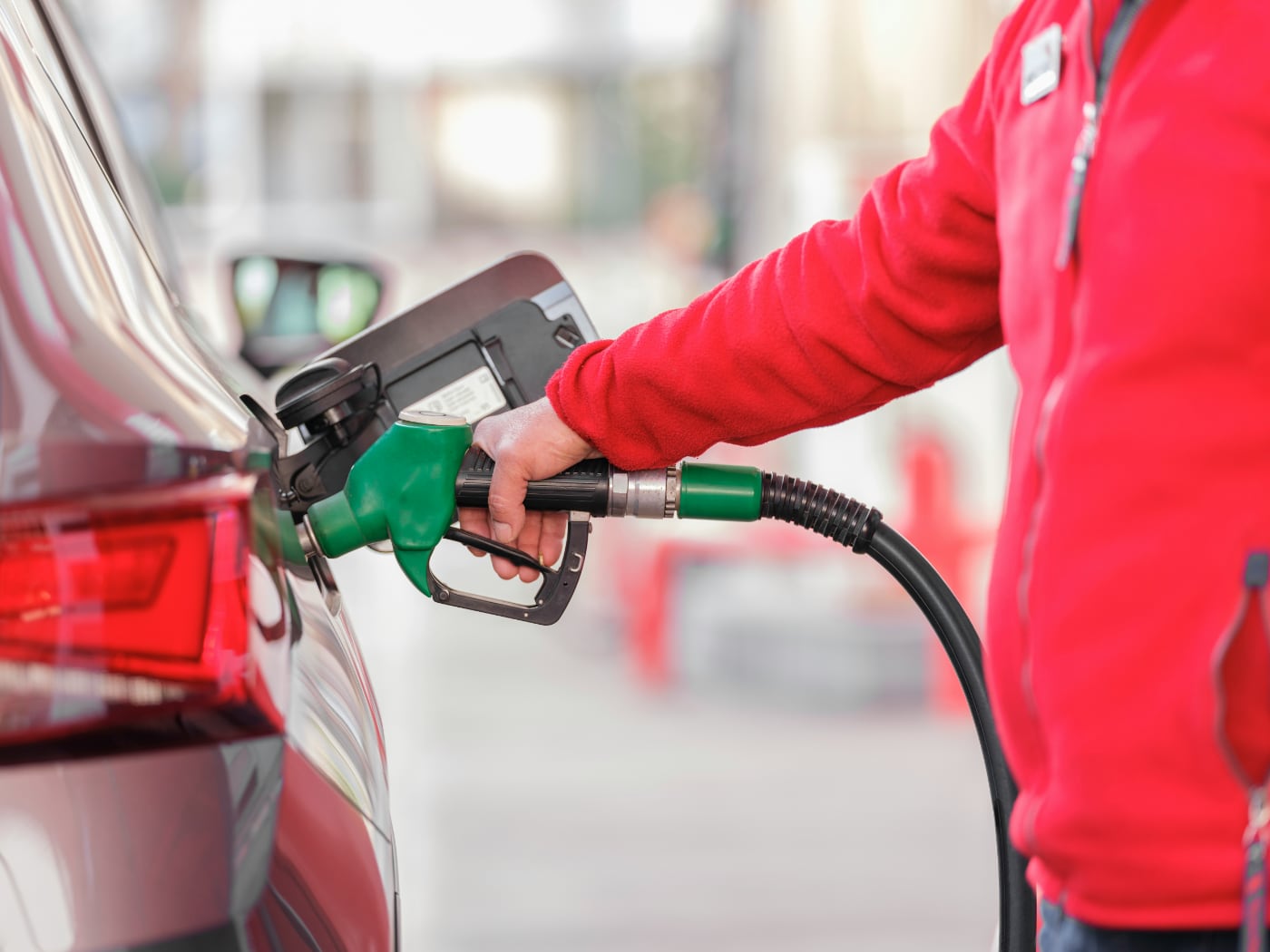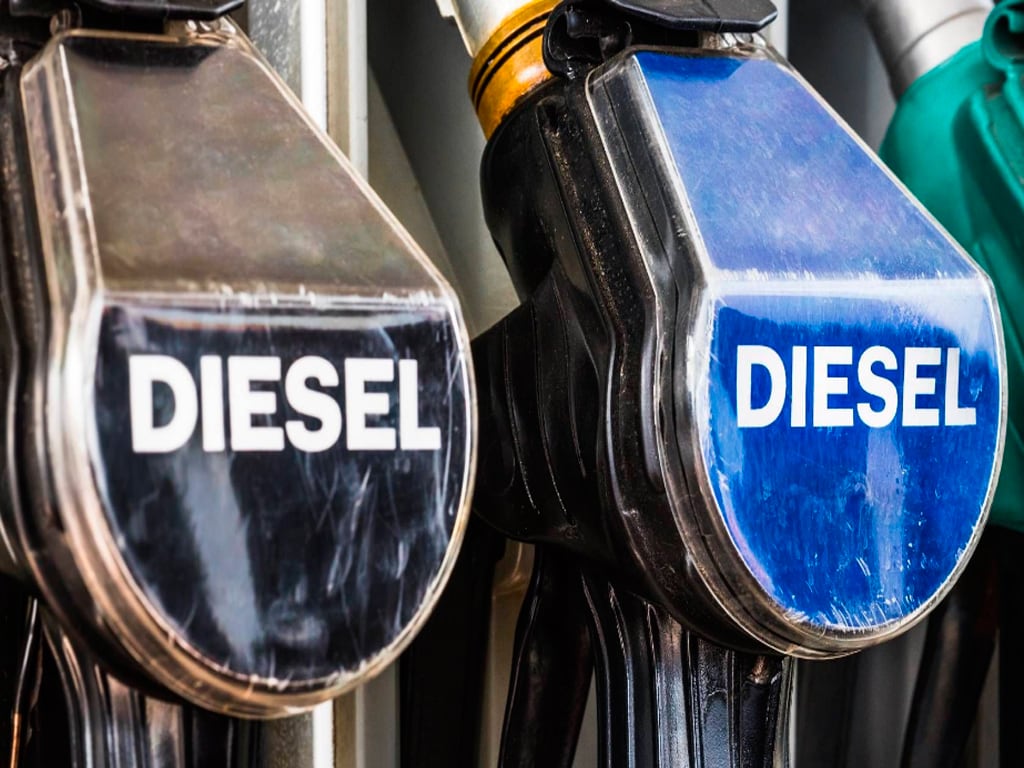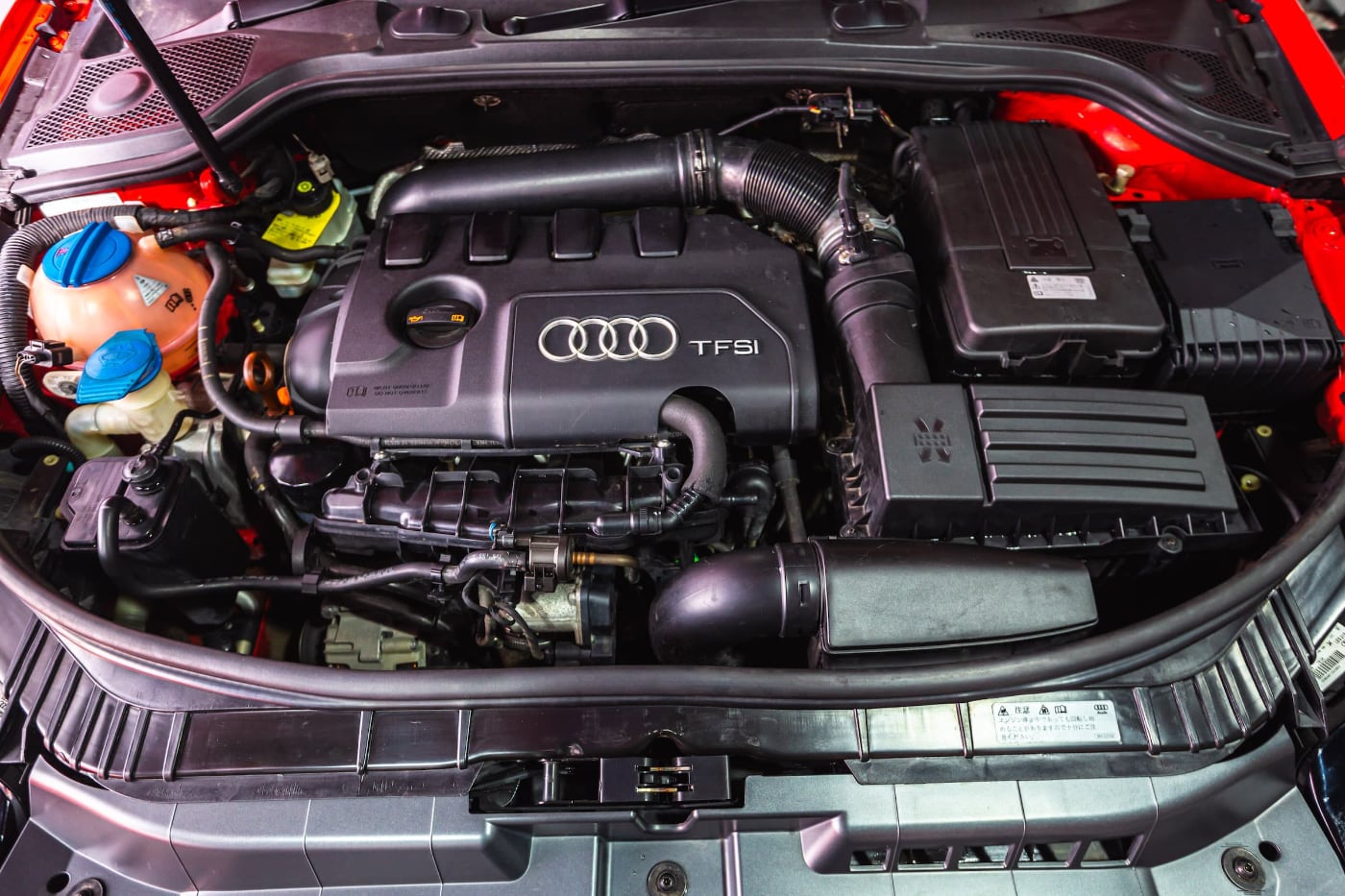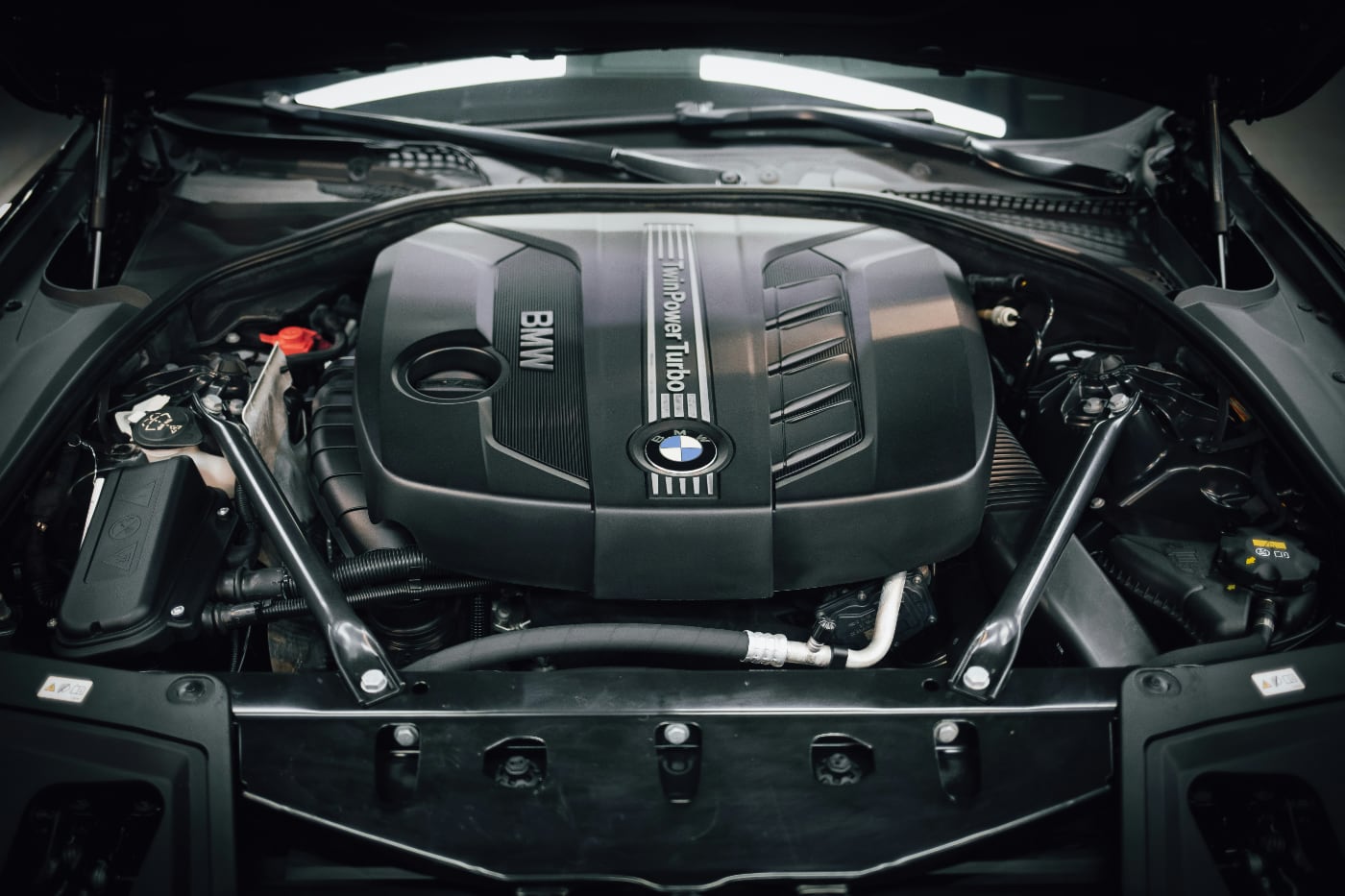Classic internal combustion engines dominate the market today, despite active attempts by manufacturers to switch us to electric vehicles.
Of course, in the future their share will be. But for now, cars with such engines are stable and sustainable in the world.
In this article I will try to explain in an accessible way what is the difference between a petrol and a diesel engine, which one is better and which is better to choose.
Briefly
How a gasoline engine works
How a diesel engine works
Advantages and disadvantages of gasoline engines
Advantages and disadvantages of diesel engines
Which engine to choose
Will electric cars be able to displace classic cars with internal combustion engines?
How a gasoline engine works
This video briefly and clearly explains how a gasoline engine works.
All petrol engines have the same basic structure, which consists of the following parts:
▶︎ Cylindersin which the pistons move and the fuel-air mixture burns
▶︎ Pistons move up and down in the cylinder, creating movement of the crankshaft.
▶︎ Connecting rods connect the pistons to the crankshaft
▶︎ Crankshaft (crankshaft) converts the reciprocating motion of the piston into rotational motion and then transmits it to the wheels of the car
▶︎ Valve Input pumps the fuel-air mixture into the cylinders
▶︎ Exhaust valve removes exhaust gases
▶︎ Spark plug A spark indicator designed to ignite the air-fuel mixture
▶︎ Camshaft The principle of opening and closing valves
Most engines we work on a four-stroke cycle (Otto cycle), which includes the following stages:
1️⃣ InletWhen the engine starts, the piston is forced down to allow air through the intake valve and fuel through the injectors into the cylinder, creating a fuel-air mixture.
2️⃣ CompressionThe intake valve closes and rises slightly, increasing the pressure in the cylinder.
3️⃣ Working strokeThe spark plug creates a spark that ignites the mixture, which at high temperature increases pressure and moves downwards, thereby setting the crankshaft in motion.
4️⃣ ReleaseWhen the air-fuel mixture turns into gas, the piston rises and the gas is forced out through the exhaust valve.
Then the whole process is repeated from the beginning.
This is how one cylinder works. In modern engines there are usually 4 or 6, 8 cylinders are less common, and 12 and 16 are very rare.
The harder you press the gas pedal, the more fuel enters the cylinder chamber, the pistons move faster, and the more the crankshaft rotation speed (revolutions) increases.
This is the basic principle of operation of all gasoline engines. But to increase performance, many manufacturers increase the volume, install a turbine to increase the amount of air at the intake.
◦ Back ◬
How a diesel engine works
Video of a diesel engine in action. Unfortunately, only in English.
A diesel engine is similar to a petrol engine in many ways. Most of the components are the same, except spark plugs, which are absent in a diesel engine.
Fuel is supplied through injectors directly into the cylinders, bypassing the exhaust valve. It ignites due to the high temperature inside the cylinder, and not from sparks, which ensures ignition of the spark plug in a gasoline engine.
The diesel engine also operates on a four-stroke cycle (Diesel cycle):
1️⃣ InletThe inlet valve closes and the piston moves down, drawing in air.
2️⃣ CompressionThe intake valve closes, the piston rises upward, compressing the air and simultaneously heating it to a high temperature.
3️⃣ Working stroke. The injector supplies the required amount of fuel to the cylinder. It immediately ignites due to the sleeve in the hot air cylinder. After the fuel ignites, pressure is supplied, which pushes the piston down, which causes the crankshaft to move.
4️⃣ ReleaseThe exhaust valve opens, the piston rises, pushing the exhaust gases out of the cylinder.
Then the whole cycle repeats. This is how work is arranged in one cylinder. In passenger cars there are at least four of them, although sometimes there are three.
A diesel engine, like a petrol one, works properly. For example, when the first cylinder is on the intake, the second one will have a sharp extension at that moment, the third one will have a working stroke, and the fourth one will have an exhaust stroke.
◦ Back ◬
Advantages and disadvantages of gasoline engines

Petrol and diesel engines have their pros and cons, let’s look at them first advantages of gasoline engines:
▶︎ Quiet operation. Generally, petrol engines are quieter than diesel engines, resulting in less noise coming from the engine compartment into the cabin.
▶︎ Less vibrations. Petrol fans emit less vibration. This also increases the comfort in the living room.
▶︎ Better dynamics. I agree, it’s a moot point, but most petrol engines will accelerate the car faster and give more power.
▶︎ Price. Cars with petrol engines are often cheaper. Engine repairs will also cost less.
There are also disadvantages in gasoline engines there is also:
▶︎ Low fuel economy. Petrol engines consume more fuel than diesel engines, and as power increases, this difference becomes even more significant.
▶︎ Low torque at low revs. This gasoline-powered vehicle makes it more difficult to carry heavy loads or tow other vehicles.
▶︎ High demands on fuel quality. The more complex the petrol engine, the stricter it is to the quality of fuel. For example, many modern turbo engines need to be filled with 98-100 petrol, which is not available at all gas stations.
These are the general pros and cons that are typical for most gasoline engines.
◦ Back ◬
Advantages and disadvantages of diesel engines

Diesel engines have their advantages.which make their advantageous against the background of gasoline engines:
▶︎ High torque. Generally, diesel engines have high torque at low speeds, so they are used in buses, trucks and other control levers.
▶︎ EconomyWith equal technical characteristics, diesel engines consume less fuel than petrol engines.
▶︎ Life time. This is debatable, but diesel engines generally break down less often than petrol engines.
Advantages of diesel engines:
▶︎ Noise and vibrationDiesel engines are louder than petrol engines, and the vibration from their operation is more noticeable in the cabin.
▶︎ Fuel requirement. In Russia, it is important to monitor the topic of what kind of diesel fuel is used to fill the car. The fact is that summer diesel can freeze at low temperatures, which is why the car will not be able to start or will work intermittently.
▶︎ Price. Cars with diesel engines usually cost more than cars with petrol engines.
▶︎ ServiceDiesel engines are more reliable than petrol engines, but when the time comes for repairs, it will be more difficult to find a good service center, and the repair itself will cost more.
Here, too, it is worth considering that these are only basic features. In the idea of life, you can rely on them, but when choosing, it is worth studying the lighting of the motors that provide the performance of the car, because additional disadvantages or advantages may appear.
◦ Back ◬
Which engine to choose

It is usually said that diesel chooses me, who cares about low fuel consumption and reliability on long runs. This is especially for commercial transportation. Gasoline engines are more often installed in cars whose main task is to drive comfortably and dynamically.
But there is no universal answer to the question of what is better, petrol or diesel. First of all, you need to start from what the performance offers (Almost all new cars in Russia in 2024 will be sold with gasoline engines) or used market.
In the case of detained cars, it is worth studying the problems of specific engines so as not to buy a problematic engine. There are minor cases when a car with a diesel engine costs more than the same one, but with a gasoline engine or vice versa. The issue here is precisely in reliability or engine problems.
◦ Back ◬
Will electric cars be able to displace classic cars with internal combustion engines?

Most likely, yes. But it is important to understand that this will not happen in the near future.
Countries are switching to electric vehicles at different rates, as are manufacturers. For example, in 2023, electric vehicles accounted for only 14.6% of all cars sold in Europe. In Russia, the share of electric vehicles was 0.07% of all cars sold in 2023.
Analysts are confused. Why are electric cars being sold, production increasing, people want regular cars?
But even if we assume that everyone will start buying electric cars en masse in the near future, petrol and diesel cars will not disappear. They will be able to drive on the roads for another 20 years, unless they are banned.
In addition, there is also commercial transport, where electrification is progressing very slowly.
So don’t worry about the relevance of petrol and diesel engines. Ride them while you can.
◦ Back ◬
Even more interesting, to broaden the horizon 🙌
🔶 Why are there ruts on roads in Russia, but not in the US? Let’s figure out what technology is there and here
🔶 How Nio from China bought all the electric cars in the world. When the battery is finished, it will be replaced with a new one in 5 minutes
🔶 This is a Chinese road with 50 lanes of traffic, where all the cars are stuck in a giant traffic jam. Don’t complain about Moscow
🔶 Elon Musk is shocked. How a BMW designer created the Fisker electric car, generated hype and went bankrupt after a blogger’s review
Source: Iphones RU
I am a professional journalist and content creator with extensive experience writing for news websites. I currently work as an author at Gadget Onus, where I specialize in covering hot news topics. My written pieces have been published on some of the biggest media outlets around the world, including The Guardian and BBC News.










